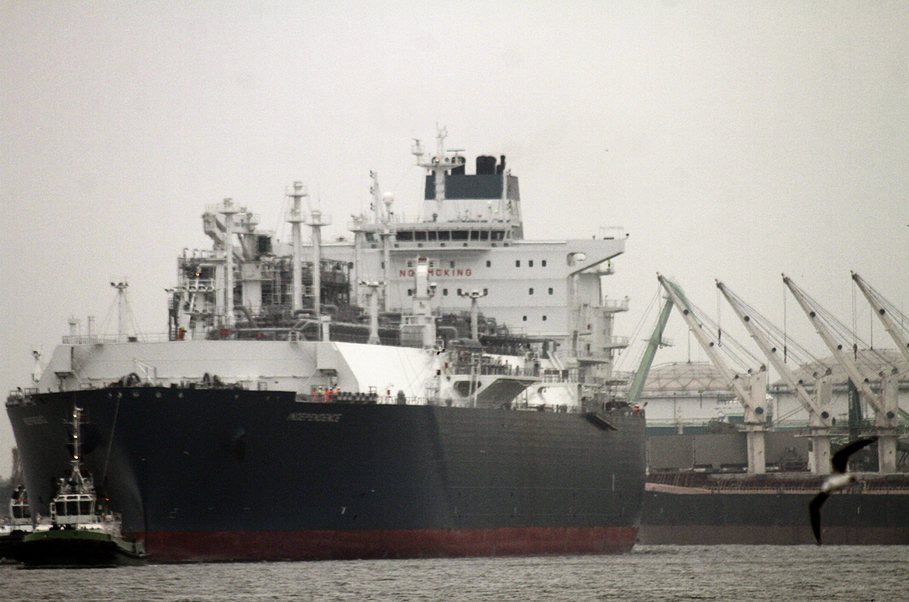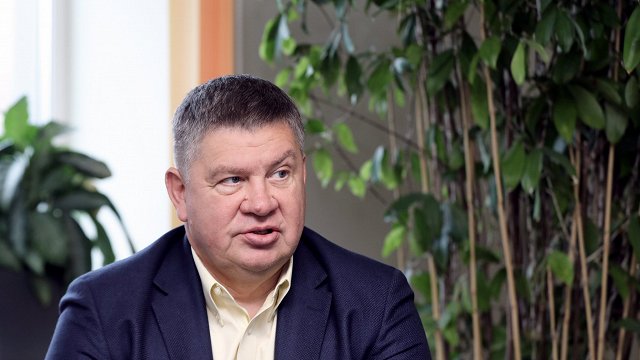According to spokesperson Evita Urpena of the Economics Ministry, “the Latvian government and Economics Ministry see it as a non-state investment project and, approached by the possible investors are generally supportive of the idea. We support and encourage the further development of the initiative as a commercial project.”
Economics Minister Dana Reizniece-Ozola had previously hinted that Latvia “might build a moderate-size LNGT on its own” unless Finland and Estonia can come up with a project big enough to service the entire region. However, EC Vice-President Valdis Dombrovskis remarked that “the discussions between Estonia and Finland on the site of a regional LNG facility also ended with the conclusion that each of the countries has to build it.”
But because only a regional-scale terminal would qualify for European Commission financing, leaving anything smaller – i.e. local-scale, like the Klaipeda terminal in Lithuania, to be paid for each on their own.
The only possible coastal small-port location in line for such a project in Latvia would be Skulte in Limbaži district, from which the Inčukalns gas storage repository would be possible to link to with pipelines. The underground cavernous facility is run by Latvian gas company Latvijas Gaze, owned in part by Russia’s Rosneft and Gazprom.
According to Natural Gas Europe, the Norwegian company BW Maritime has for two years been pursuing interest in fully funding a sea-based terminal, pricing a possible project in Skulte at €150m. Its general manager suggested the company was moving forward more rapidly now after lagging previously.
However, Latvia has yet to complete its reform of the gas and electricity markets, still underway in order to meet the EU’s 3rd Energy Package requirements, which will allow for third parties’ access to the national gas sector, explained Urpena.
On his part, gas sector expert Mikhail Krutikhin, a partner of RusEnergy, a Russian energy consulting company, told Natural Gas Europe.
“It would be a lot more suitable for Latvia to employ the capacity of the Klaipeda LNG facility. But for this, big efforts of coordination and bilateral diplomacy would be needed between Latvia and Lithuania. It seems it is missing now. This is not a good thing, as the Klaipeda terminal is not operating year-round. If Latvia and Lithuania agreed that one year the FSRU is used in the Lithuania and other be towed to a Latvian port in proximity of the Inchukalns underground gas storage facility, the issue would be solved and be in the best interests of the two countries. But I just don’t see the Baltic unity on the issue yet. This is disappointing,” Krutikhin pointed out.






























